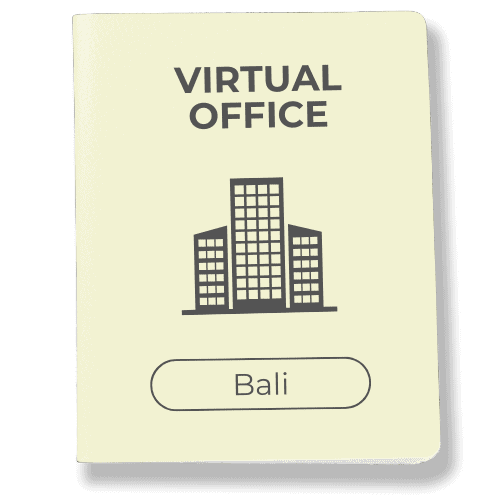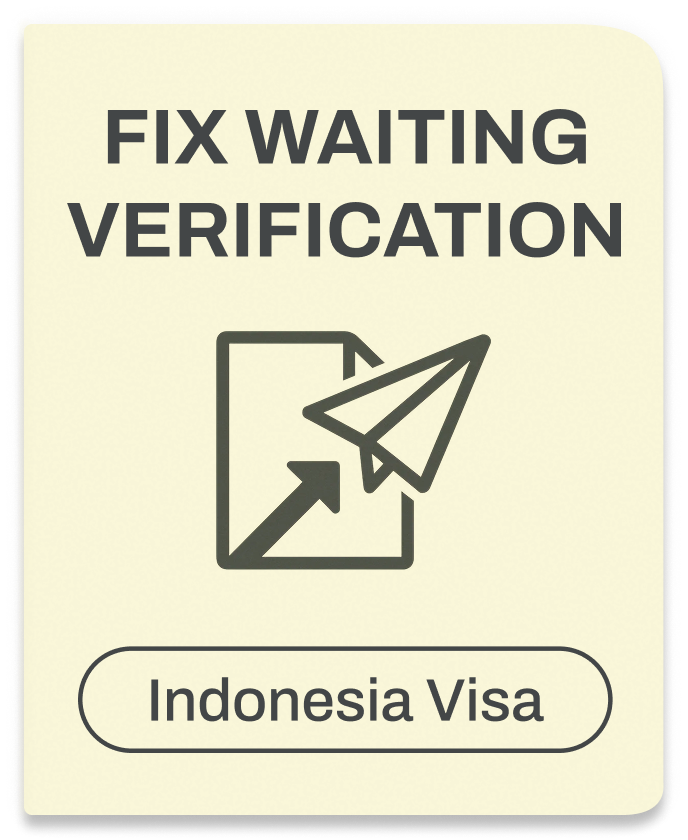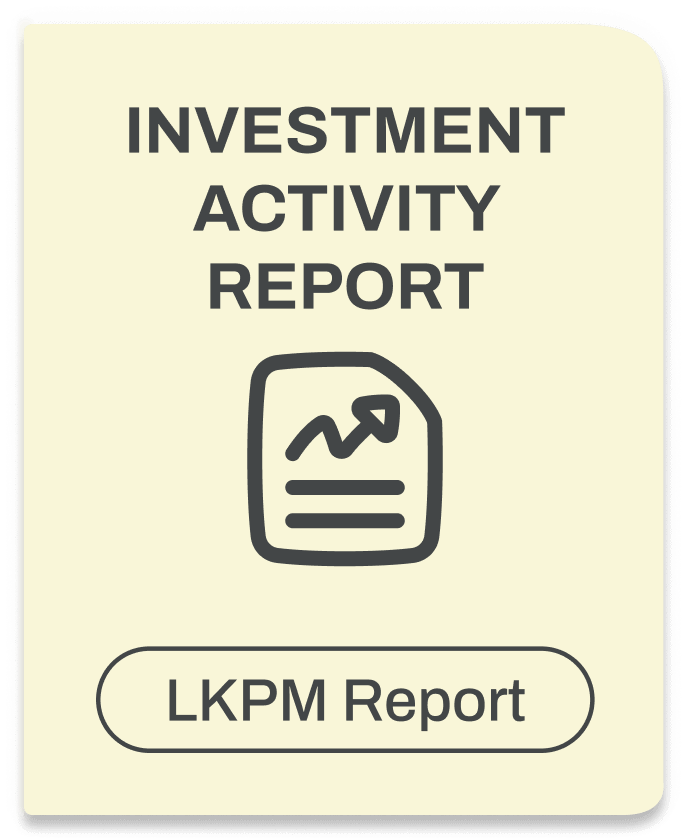How to Hire in Indonesia (Indonesia Employment Rules 2026)

In 20 Seconds: How to Hire Indonesian Employees
Hiring 1–10 people, testing the Indonesian market?
→ Use an employer of record EOR. They act as the legal employer, handle BPJS and payroll, and you avoid setting up a local entity. Cost: $200–600/employee/month.
Hiring 20+ people with long term commitments?
→ Set up your own legal entity (PT PMA). Full direct control over employment contracts, data, and statutory costs. Takes 2–4 weeks to establish, plus ongoing tax filings.
Short-term project based work only (under 6 months)?
→ Hire Indonesian independent contractors with a service agreement. Keep it project-based, no fixed working hours, clear deliverables. Watch misclassification risks.
Already have an entity abroad but need to pay employees in Indonesia legally?
→ Use an employer of record or set up a PT PMA. Paying independent contractors only creates misclassification risks that trigger fines from tax authorities.
Scroll down for exact steps, costs, and legal checks for each option.
Pick Your Hiring Model (EOR vs Entity vs Contractor)
Quick Decision Table
| Your Situation | Recommended Model | Why |
|---|---|---|
| 1–10 hires, testing market | EOR | Fast, compliant, no entity setup |
| 10–20 hires, growing | EOR now → PT PMA later | Balance speed + future control |
| 20+ hires, committed 3–5 years | PT PMA | Better long-term cost, full control |
| Project-only, under 6 months | Contractor | Flexible, low commitment |
Model Summaries
A. Employer of Record (EOR)
An employer of record is a local entity that acts as the legal employer on paper. You manage job responsibilities and performance; they handle employment contracts, payroll, social security contributions, and ensure employment compliance with Indonesian labor laws.
Best for: Fast market entry, remote teams of 1–20 local employees, foreign companies that want to avoid administrative burdens and regulatory compliance complexity.
Cost: $200–600 per employee per month.
What’s covered: Employment contracts under local employment laws, BPJS enrollment, monthly payroll with income tax withholding, THR payment (mandatory benefits), compliance practices updates.
B. Your Own Legal Entity (PT or PT PMA)
Setting up a PT (local company) or PT PMA (foreign-owned) gives you direct control over hiring local employees, payroll, and employment terms. You own the compliance practices but also face legal complications if you don’t follow local labor regulations.
Best for: 20+ Indonesian employees, long term commitments to the Indonesian market (3+ years), companies needing absolute control over IP and employee data.
Setup time: 2–4 weeks for registration with tax authorities, plus ongoing tax filings and BPJS submissions.
Ongoing cost: IDR 30–50M/year in service fees (corporate secretary, accountant, payroll vendor), plus in-house HR/payroll staff if scaling business operations.
C. Independent Contractors
Hiring independent contractors works for specific project based work with defined deliverables. They control their own schedule and methods. Indonesian labor laws are strict on misclassification risks—if paying independent contractors looks like employment, tax authorities can reclassify them.
Best for: True project based work, specialist gigs, relationships under 6 months without long term commitments.
Safe when: They work for multiple clients, you pay per deliverable (not monthly salary), no fixed working hours, no direct supervision.
Misclassification risks trigger fines when: Fixed schedule, exclusive relationship, you provide tools, indefinite duration. Tax authorities can demand unpaid wages, back BPJS contributions, severance pay, and penalties.
What It Costs (Simple Calculator + Example)
When you hire Indonesian employees, budget ~20–25% more than base salary for statutory costs and mandatory benefits that employers contribute.
Cost Breakdown: Mid-Level Developer at IDR 15M Base
| Cost Component | Monthly (IDR) | Why You Pay It |
|---|---|---|
| Base salary | 15,000,000 | What employee receives |
| BPJS Health (4%) | 480,000 | Mandatory health insurance (capped at IDR 12M) |
| BPJS Old Age (3.7%) | 555,000 | Retirement savings (social security) |
| BPJS Work Accident (0.5%) | 75,000 | Work accident insurance |
| BPJS Death (0.3%) | 45,000 | Death benefit |
| BPJS Pension (2%) | 190,000 | Pension fund (capped at IDR 9.5M) |
| THR accrual (1/12) | 1,250,000 | Religious holiday allowance (1 month/year, part of mandatory benefits) |
| Total employer cost | 17,595,000 | 17.3% over base |
Add: Laptop, software, internet stipend (~IDR 2–3M), employee benefits like health insurance top-ups, language training budgets.
Total employment cost: Expect 20–25% above gross salary offer once you factor in all social security contributions and statutory costs.
Salary Ranges by Role (2026, Monthly Gross)
Always verify your offer meets provincial minimum wage rates (IDR 3.5M–5.3M+ depending on location under local labor regulations).
- Customer Success Rep (Junior): IDR 8–12M
- Finance Operations (Mid): IDR 12–18M
- Product Manager (Mid): IDR 18–30M
- Software Developer (Mid): IDR 15–25M
- Software Developer (Senior): IDR 25–40M
These are guides for hiring skilled professionals, not rigid bands. Qualified candidates with in-demand skills in the Indonesian market command more.
Non-Negotiable Compliance Checklist
Before you hire employees in Indonesia and put anyone on payroll, make sure you follow these local labor laws to avoid payroll mistakes and legal complications:
- Pick correct employment contract type: PKWT (fixed term contracts, up to 5 years total) or PKWTT (indefinite contracts, permanent). Choice affects probation period rules and termination requirements.
- Respect working hours: 40 hours/week standard under Indonesian labor laws. Overtime pay capped at 4 hours/day, 18 hours/week. Pay multipliers: 1.5–4× depending on when.
- Enroll in BPJS (social security): Both Kesehatan (health insurance) and Ketenagakerjaan (employment programs including work accident insurance) within first month. Late enrollment can trigger fines.
- Budget THR (mandatory benefits): One month’s salary per year, paid maximum 7 days before employee’s religious holiday per local employment laws.
- Withhold income tax (PPh 21): Progressive rates (5–35%), deduct monthly, remit to tax authorities. Proper income tax withholding ensures tax compliance.
- Follow provincial minimum wage: Jakarta IDR 5.3M, Bandung IDR 4–4.5M, Bali IDR 3.5–4M (2026 minimum wage rates). Violations trigger fines and unpaid wages claims.
- Store employee data compliantly: Indonesia’s PDP Law requires secure storage, limited access, proper mechanisms for cross-border transfers. Non-compliance creates legal complications.
Details below if you need formulas, deep-dive sections, and guidance on avoiding workplace disputes.
Step-by-Step: How to Legally Hire
Here’s exactly what happens from “we need someone” to “they’re onboarded.”
Step 1: Choose Your Model
Decide: EOR, PT PMA, or contractor (use table above).
Step 2: Define Role + Salary Range
Write job responsibilities, required skills, outcomes. Set salary above provincial minimum wage. Example: Mid-level dev in Jakarta, IDR 18–22M range.
Step 3: Decide Contract Type
- PKWT (fixed-term): For temporary roles, max 5 years total. No probation period allowed. Pay compensation at end.
- PKWTT (permanent): For ongoing roles. Probation up to 3 months allowed. Requires severance pay if terminated.
Step 4: Source Qualified Candidates
Post on 2–3 job boards:
- JobStreet (largest in Indonesia)
- Glints (tech/startups)
- LinkedIn (mid-senior roles)
Use agencies if hiring multiple roles fast (15–25% of first-year salary fee).
Step 5: Screen & Interview
- Test English fluency early if relevant for remote teams (written + spoken)
- Review portfolio for design/dev roles
- Give paid test project (1–2 hours) to see real work
Step 6: Issue Compliant Employment Contract
If using EOR: They generate the contract. Review carefully for IP assignment flowing back to you.
If using PT PMA: Your contract must include:
- Contract type (PKWT or PKWTT)
- Base salary + payment schedule
- Mandatory benefits (BPJS, THR)
- Probation period (PKWTT only, max 3 months)
- Working hours, overtime pay terms
- IP assignment, confidentiality
- Notice period
If using contractor: Service agreement (not employment contract), project scope, deliverables, payment per milestone.
Step 7: Register BPJS + Tax
Enroll employee in:
- BPJS Kesehatan (health insurance)
- BPJS Ketenagakerjaan (JHT, JKK, JKM, JP)
- Get or verify employee’s NPWP (tax ID)
Step 8: First Payroll Dry Run
Calculate and verify:
- Base salary
- BPJS contributions (employer + employee portions)
- PPh 21 income tax withholding
- THR accrual (1/12 monthly)
Run payroll through EOR or your payroll system.
Step 9: 90-Day Onboarding Plan (PKWTT Only)
- Week 1: Intro to team, tools, context
- Weeks 2–4: First projects with support
- Weeks 5–12: Increasing ownership, weekly check-ins
- Day 90: Performance review, confirm employment or end during probation (with valid reason + documentation)
For PKWT: No probation allowed. Set clear project milestones instead.
How to Manage & Retain Indonesian Talent

If You Manage Indonesian Employees, Do This in the First 30 Days:
Week 1:
- Set up weekly 1-on-1s (even 15 minutes)
- Clarify job responsibilities verbally AND in writing
- Create private channels for questions (Slack DMs work well for remote teams)
Week 2–4:
- Respect Ramadan scheduling (if applicable): offer flexible working hours, avoid late-day high-stakes meetings
- Note upcoming public holidays (Eid, local holidays vary by province per local regulations)
- Offer small learning budget for language training, technical courses as part of employee benefits
Ongoing rituals that boost retention of local employees:
- Public recognition in team meetings
- Fast responses on chat (Indonesian employees expect quick replies)
- Career path conversations quarterly about job responsibilities
- Celebrate public holidays and birthdays
Communication Notes for Foreign Companies
Indonesian work culture tends toward indirect communication. “Yes” might mean “I heard you,” not “I agree.” This matters when managing employees in Indonesia.
Adapt by:
- Checking understanding after meetings: “Walk me through what you’ll do first?”
- Giving feedback privately, not in group settings (avoids resolving workplace disputes publicly)
- Creating space for questions in 1-on-1s
Remote Teams & Work-From-Home Norms
- Internet speeds vary—provide connectivity stipend (IDR 500K–1M/month) as part of employment benefits
- Coworking spaces popular in Jakarta, Bandung, Bali for remote teams
- Most roles (CS, dev, design) work great remotely for business operations
- “WFO” = Work From Office (you’ll see it in local job posts when hiring foreign workers or local talent)
How to End Employment Safely (If Needed)

Rules for Avoiding Workplace Disputes:
- Valid reason required for PKWTT (indefinite contracts). Indonesian labor laws don’t allow firing someone “just because.” Valid grounds under local employment laws: serious misconduct, repeated violations after warnings, criminal conviction, company closure, mutual agreement.
- Respect notice period. Standard is 30 days per employment contract (check employment terms). Pay in lieu if terminating immediately.
- Severance pay for PKWTT follows fixed formulas. Roughly 1–2 months per year of service (simplified under Indonesian laws). Plus service pay and unused paid annual leave.
- PKWT (fixed term contracts) = compensation, not severance. One month’s salary per year of service if you end contract early or at expiration per local labor laws.
- Document everything to avoid legal complications. Written warnings (2–3), meeting notes, improvement plans. Courts favor local employees when documentation is thin, leading to workplace disputes.
Best practice for global companies: Negotiate mutual separation agreement. Lower severance pay in exchange for clean exit, resolving workplace disputes, both sides waive claims.
Full Termination Details (For HR/Legal with Local Expertise)
During probation period (PKWTT only, first 3 months): Can end employment without severance pay, but need valid reason + documentation to prevent legal complications.
Severance pay formula (PKWTT under Indonesian labor laws):
- Under 1 year: 1 month’s salary
- 1–2 years: 2 months
- 2–3 years: 3 months
- 3–4 years: 4 months
- Continues up to cap set by local labor regulations
Also owe when terminating employees in Indonesia:
- Service pay (separate calculation based on tenure per employment terms)
- Prorated THR (mandatory benefits)
- Unused paid annual leave
- Any unpaid wages
PKWT compensation (fixed term contracts): If you terminate a fixed term contract early or it reaches natural end, pay ~1 month’s salary per year worked (prorated) per local employment laws.
Example: 18 months on 2-year PKWT = 1.5 months’ salary compensation.
Independent contractors termination: Follow terms in service agreement. If properly structured for project based work (no fixed working hours, true independence, no direct control), end contract per employment terms without severance pay or legal complications.
Final Checklist: Before You Hire Your First Indonesian Employee
Use this to confirm you’re ready to hire employees in Indonesia and ensure regulatory compliance:
Decision made:
- [ ] Chosen model: Employer of record EOR / PT PMA legal entity / Independent contractors
- [ ] Calculated budget including 20–25% employer costs (social security contributions + statutory costs)
- [ ] Confirmed salary meets provincial minimum wage rates per local labor regulations
Legal setup for employment compliance:
- [ ] Employer of record contract signed OR PT PMA legal entity registered
- [ ] Employment contract template ready (PKWT fixed term contracts or PKWTT indefinite contracts)
- [ ] IP assignment clause included in employment terms
- [ ] Data storage plan complies with PDP Law and local regulations
Regulatory compliance ready:
- [ ] BPJS social security enrollment process confirmed (health insurance + work accident insurance)
- [ ] Payroll system set up (via employer of record or own) to avoid payroll mistakes
- [ ] Income tax withholding process understood for tax compliance
- [ ] THR budget allocated (1/12 monthly for mandatory benefits)
Operational ready for business operations:
- [ ] Job description written with clear job responsibilities
- [ ] Hiring process defined to find qualified candidates and skilled professionals
- [ ] Onboarding plan for first 90 days (probation period if PKWTT)
- [ ] Manager trained on Indonesian communication norms and managing remote teams
Got it all? You’re ready to hire employees in the Indonesian market.
Still fuzzy on something? Talk to local professionals (HR consultant with local expertise or employment lawyer). Getting employment compliance right upfront saves you from workplace disputes, penalties that trigger fines, and employee turnover later.
Good luck building your remote teams with local talent in Indonesia.
Ready to Apply or Extend Your Visa?
Let our visa specialists handle your application.



















